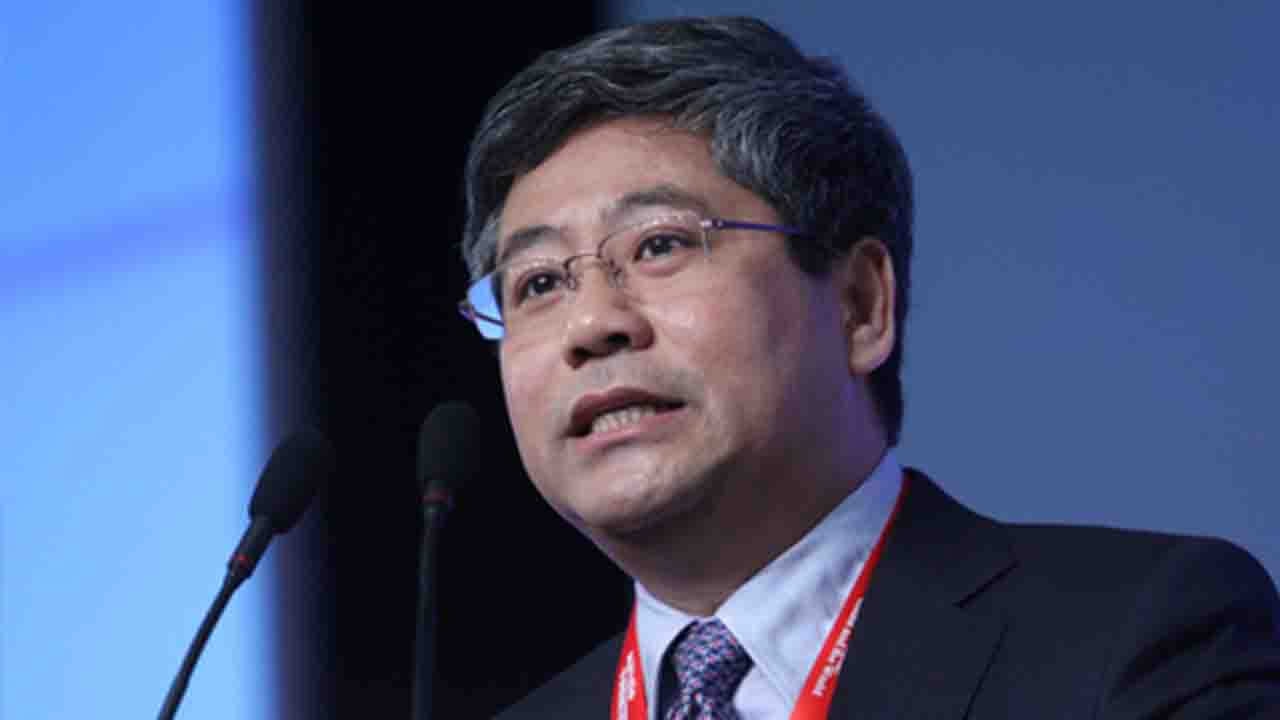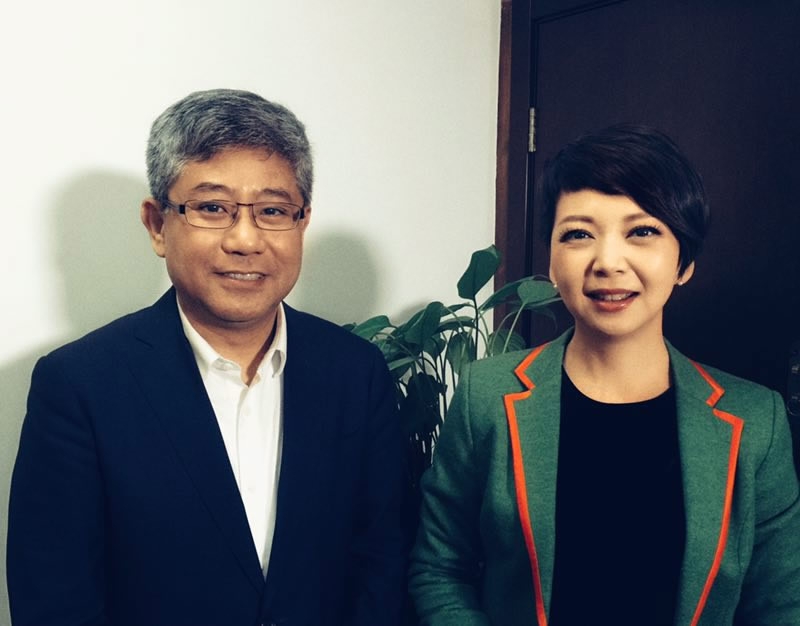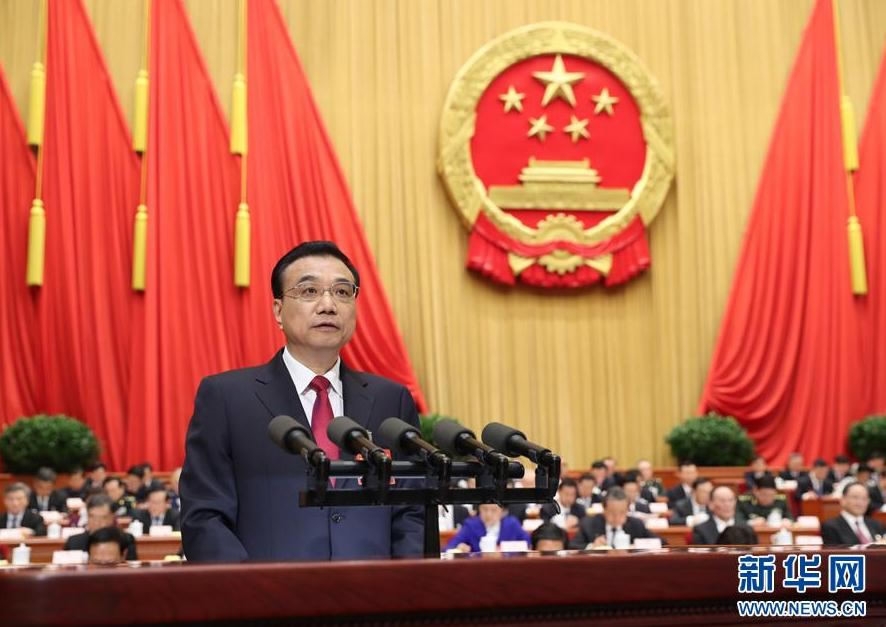
Politics
18:44, 07-Mar-2017
Exclusive Interview: Bai Chongen, member of PBOC's monetary policy committee, talks taxes
Updated
10:58, 28-Jun-2018

By CGTN's Tian Wei, Shi Haizhen
To make Chinese businesses competitive, the Chinese government in 2017 will continue to promote fiscal and tax reforms. How? To make this complicated subject easier to understand, CGTN's senior correspondent Tian Wei talked to Professor Bai Chongen, a CPPCC member, and a member of the Monetary Policy Committee of the People's Bank of China, the nation's central bank, about where to start.

Professor Bai Chongen (L), CPPCC member, member of the Monetary Policy Committee of the People's Bank of China, the nation's central bank / CGTN
Professor Bai Chongen (L), CPPCC member, member of the Monetary Policy Committee of the People's Bank of China, the nation's central bank / CGTN
Prof. Bai said when talking about China’s tax and fee system, one usually points to the heavy burden, especially the contributions to social insurance, which is a heavy burden on Chinese enterprises. The social insurance include pension, medical insurance, unemployment insurance, personal injury insurance and maternity insurance. Adding these five up, it’s about 40 percent of a salary.
“I actually did an international comparison using the World Bank data. I found that among the 85 major economies that we studied, the burden of social insurance on enterprises in China, ranks the second in the world. If you take the contribution to social insurance out and look at other taxes, the burden on our enterprises is not that high any more. If you look at the same 85 countries, the tax burden on enterprises in China ranks about 50 among 85,” said Bai.

Chinese Premier Li Keqiang said the government aims to cut companies' tax burden by about 350 billion yuan in 2017 / Xinhua
Chinese Premier Li Keqiang said the government aims to cut companies' tax burden by about 350 billion yuan in 2017 / Xinhua
The social costs have become one of the biggest sources of pressure for Chinese enterprises. Nearly 80 percent of Chinese business owners consider the burden for the "Five Insurance and One Housing Fund" to be too heavy. China has been speeding up reforms to reduce pressure on enterprises. During the Two Sessions, Chinese Premier Li Keqiang said the government aims to cut companies' tax burden by about 350 billion yuan in 2017.
“We need a comprehensive package of reform to cut costs for enterprises,” said the professor.

SITEMAP
Copyright © 2018 CGTN. Beijing ICP prepared NO.16065310-3
Copyright © 2018 CGTN. Beijing ICP prepared NO.16065310-3